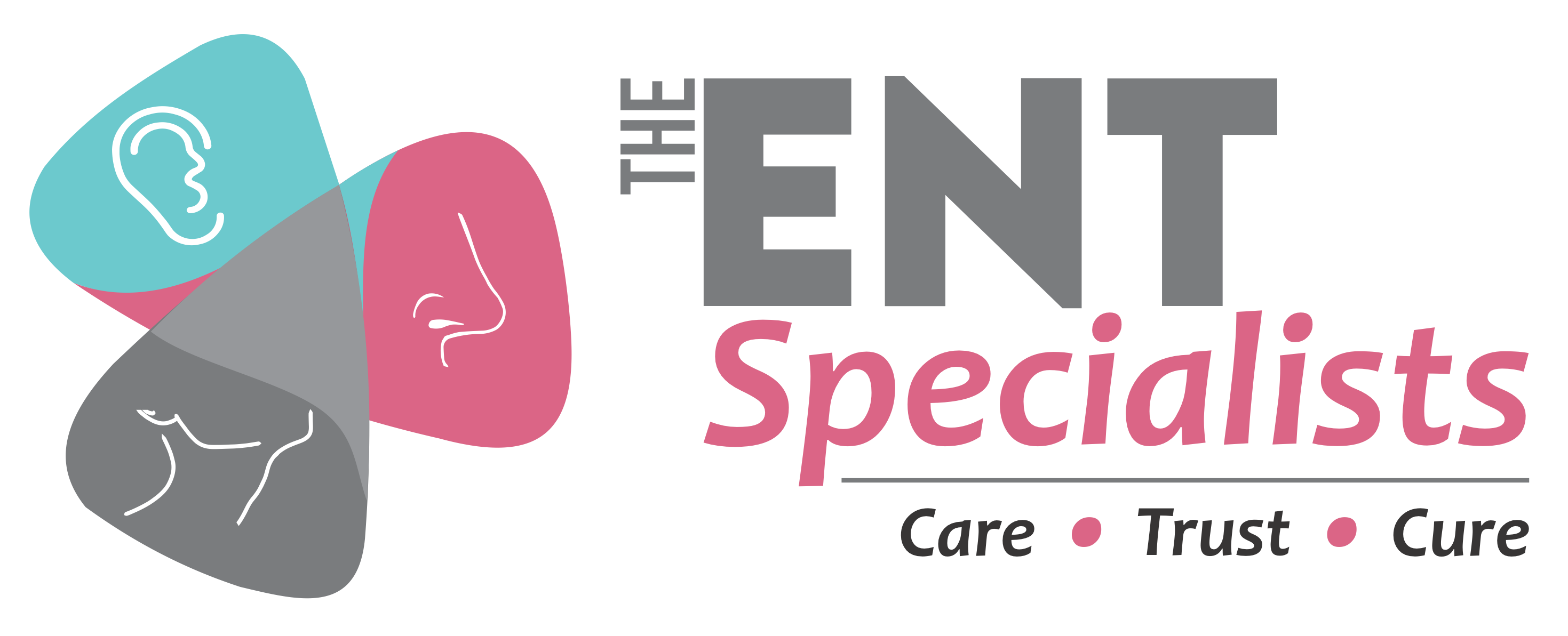FAQ's
We understand that navigating health concerns related to the ears, nose, and throat can be overwhelming, and that’s why we’ve created this resource to help answer some of the most commonly asked questions.
An ENT surgeon (Ear, Nose, and Throat) is a medical specialist who is trained to treat conditions related to the ears, nose, and throat. This can include problems with hearing, balance, smell, taste, speech, and swallowing.
While general practitioners and family doctors can diagnose and treat a wide range of health issues, ENT surgeons are specialists who have advanced training in diagnosing and treating conditions related specifically to the ears, nose, and throat.
If you're experiencing symptoms such as ear pain, hearing loss, sinus congestion, sore throat, or difficulty swallowing, it may be a good idea to see an ENT surgeon for evaluation and treatment.
ENT surgeons can perform a wide range of procedures, including tonsillectomies, adenoidectomies, ear tube placement, sinus surgeries, and head and neck cancer surgeries.
Diagnosis of ear, nose, and throat conditions typically involves a combination of physical examination, medical history review, and diagnostic tests such as hearing tests or imaging studies.
During a consultation with an ENT surgeon, you can expect to discuss your medical history, undergo a physical examination, and discuss your symptoms and treatment options.
Your ENT surgeon will provide specific instructions for preparing for your procedure, which may include fasting, stopping certain medications, and arranging for transportation. During and after the procedure, you can expect to receive personalized care and monitoring.
Depending on the procedure, ENT surgeons may use local anesthesia, general anesthesia, or sedation to keep patients comfortable during the procedure. Patient safety is always a top priority, and ENT surgeons take careful measures to monitor vital signs and ensure patient comfort.
The recovery process after an ENT procedure can vary depending on the procedure and the individual patient. Some patients may need to take time off from work or avoid certain activities for a period of time. Your ENT surgeon will provide specific instructions for your recovery.
Some ways to prevent ear, nose, and throat conditions include practicing good hygiene, avoiding exposure to allergens, and seeking prompt medical attention for infections or other health issues.
